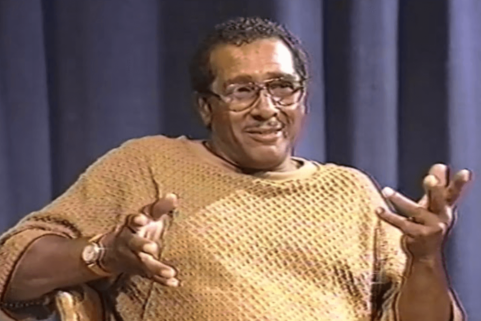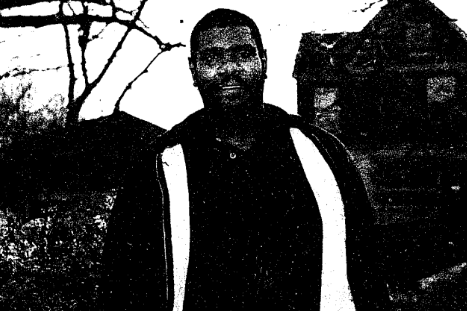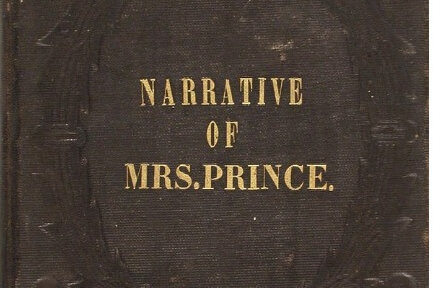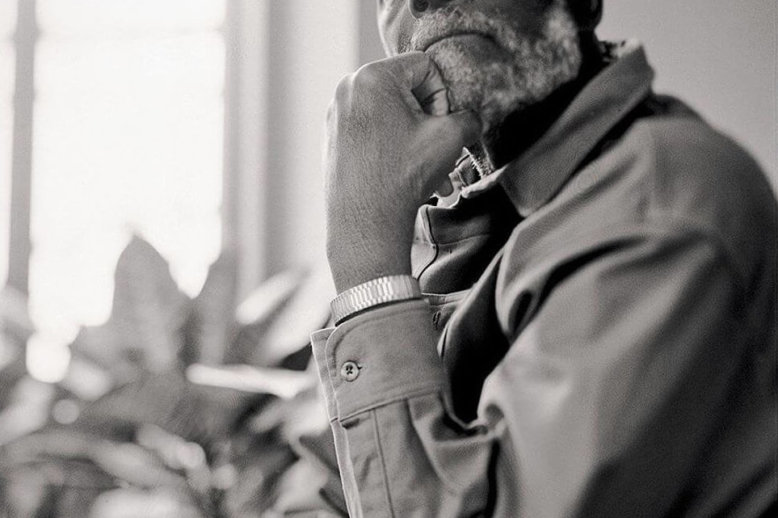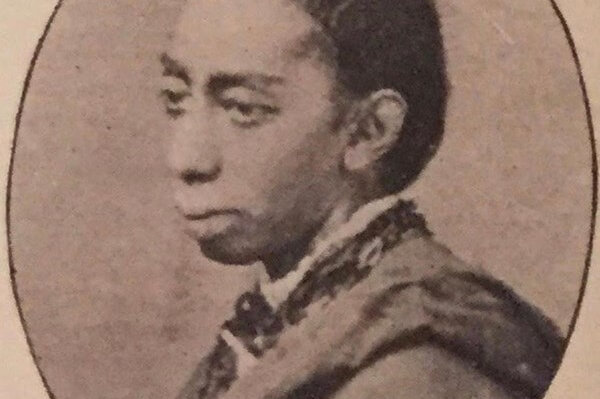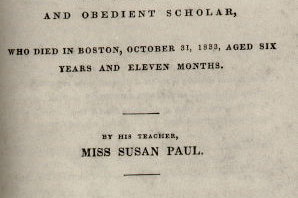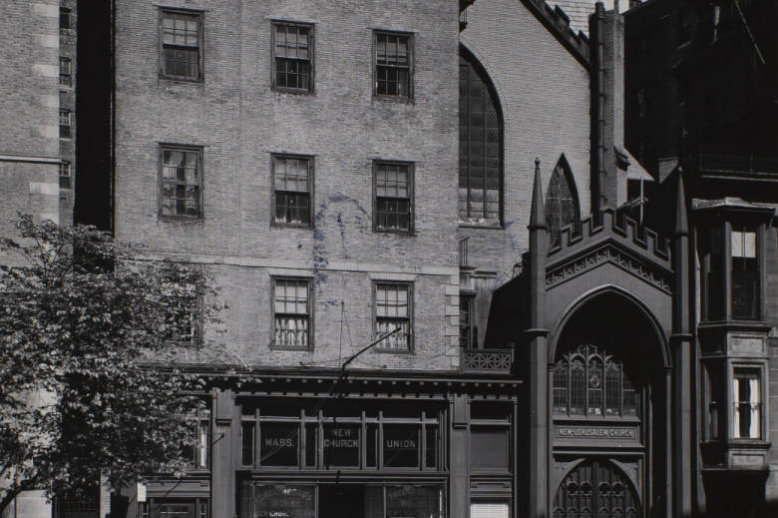The Freedmen’s Bureau
As emancipated men, women, and children migrated north after the Civil War, the need for Black boarding houses increased greatly. In the West End a large concentration of Black, women-operated boarding houses became home for many of these newly-freed people.



